Doug is going broke. Not personally, but iFSN is beginning to hurt for money. Over my years as an undergraduate news puller and graduate student I’ve benefitted from you, our generous readership, and I figure it’s time to try and generate some cash and replenish the reserves for the next generation of iFSN. Here’s my message: Please continue to give.
 We do good work, always trying to chase down the most up-to-date food risk information from around the world, provide our pithy commentary and conduct reality-based research. We’ve posed as shoppers in grocery stores, watched hundreds of hours of celebrity chefs, watched consumers prepare food and now have cameras up in kitchens to evaluate training interventions. We really do care about this stuff.
We do good work, always trying to chase down the most up-to-date food risk information from around the world, provide our pithy commentary and conduct reality-based research. We’ve posed as shoppers in grocery stores, watched hundreds of hours of celebrity chefs, watched consumers prepare food and now have cameras up in kitchens to evaluate training interventions. We really do care about this stuff.
Being around iFSN for as long as I have has given me an appreciation for all the behind-the-scenes labour that goes into our activities, and since Doug’s move to Kansas State we’ve attracted another fantastic crop of undergraduate and graduate students to help carry it out. iFSN is all about developing keen, creative and passionate students who are committed to reducing the risks of foodborne illness. Past members of the iFSN family have gone on to be faculty members, industry leaders, and yes, surprisingly, some even work as regulators. So your support of the iFSN has a reach far beyond just our group.
Oh, and Doug gets grumpy when money gets low, so donations make our lives easier (and we can focus all the cool things we do).
 We can’t offer you any DVDs of British comedies or Ken Burns documentaries like they do on PBS, but we can offer a very cool Don’t Eat Poop or barfblog tshirt in exchange for your support. They are really stylish as well, so not only will you be helping iFSN, you’ll be dressing better (and I’ve met many of you, you need all the help you can get). So please continue to give.
We can’t offer you any DVDs of British comedies or Ken Burns documentaries like they do on PBS, but we can offer a very cool Don’t Eat Poop or barfblog tshirt in exchange for your support. They are really stylish as well, so not only will you be helping iFSN, you’ll be dressing better (and I’ve met many of you, you need all the help you can get). So please continue to give.
 during the 1978 Second City TV (SCTV) satire of TV telethons.
during the 1978 Second City TV (SCTV) satire of TV telethons.

 She helped me get into to touch with Doug and the rest of the “Newsies” as I call them. I work for the Food Safety Network out of Omaha. And my educational background is actually in French. So to be honest this has been more than a just a job; for me the research for the Food Safety Network has helped me learn a lot about food safety.
She helped me get into to touch with Doug and the rest of the “Newsies” as I call them. I work for the Food Safety Network out of Omaha. And my educational background is actually in French. So to be honest this has been more than a just a job; for me the research for the Food Safety Network has helped me learn a lot about food safety.  I had never heard of the
I had never heard of the 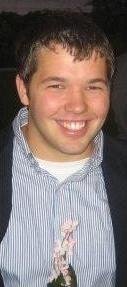 I must admit, when I began with
I must admit, when I began with  My name’s Steph, and I am a newbie graduate from Kansas State with a bachelor’s in Animal Science, a minor in French, and a certificate in Equine studies.
My name’s Steph, and I am a newbie graduate from Kansas State with a bachelor’s in Animal Science, a minor in French, and a certificate in Equine studies.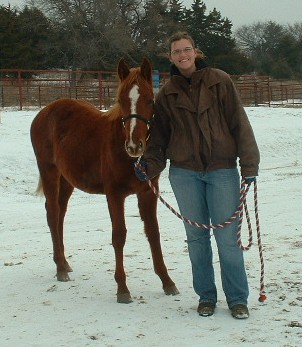
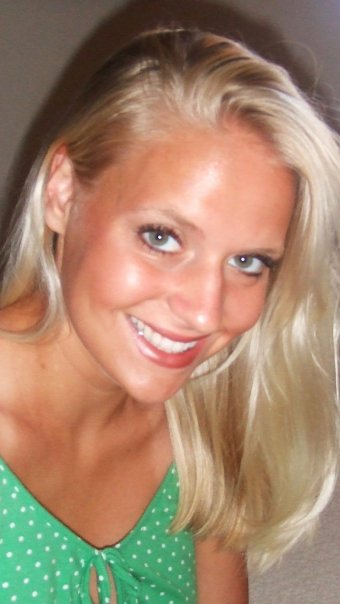 When I’m not fighting in the trenches of Hale Library jacked up on coffee, I pull news for
When I’m not fighting in the trenches of Hale Library jacked up on coffee, I pull news for  We do good work, always trying to chase down the most up-to-date food risk information from around the world, provide our pithy commentary and conduct reality-based research. We’ve posed as shoppers in grocery stores, watched hundreds of hours of celebrity chefs, watched consumers prepare food and now have cameras up in kitchens to evaluate training interventions. We really do care about this stuff.
We do good work, always trying to chase down the most up-to-date food risk information from around the world, provide our pithy commentary and conduct reality-based research. We’ve posed as shoppers in grocery stores, watched hundreds of hours of celebrity chefs, watched consumers prepare food and now have cameras up in kitchens to evaluate training interventions. We really do care about this stuff. We can’t offer you any DVDs of British comedies or Ken Burns documentaries like they do on PBS, but we can offer a very cool
We can’t offer you any DVDs of British comedies or Ken Burns documentaries like they do on PBS, but we can offer a very cool 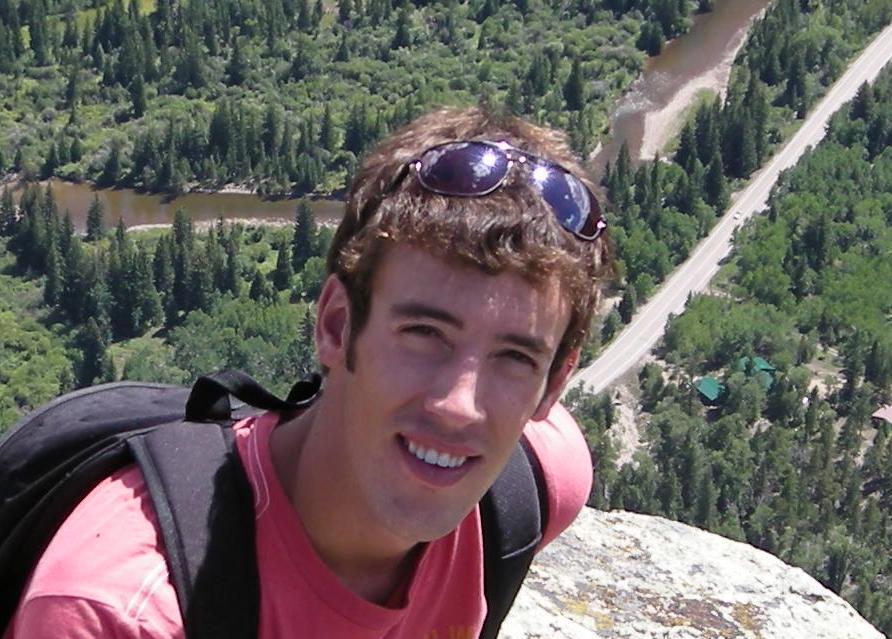 My name is Chris Babcock, and I am a fifth-year financial services major at Kansas State University. I was told this joke while working in the produce section in a grocery store during high school. The moral that I extracted from the joke is that it’s important to have reliable information at the right time. Since the television is such a limited source of relevant information, I decided last year to stop wasting my time watching it, and cancelled my services. I realize now how much time I save reading news from the Internet.
My name is Chris Babcock, and I am a fifth-year financial services major at Kansas State University. I was told this joke while working in the produce section in a grocery store during high school. The moral that I extracted from the joke is that it’s important to have reliable information at the right time. Since the television is such a limited source of relevant information, I decided last year to stop wasting my time watching it, and cancelled my services. I realize now how much time I save reading news from the Internet. Bonjour! I’m a senior in History and French at Kansas State, and I do a number of other things, like throwing long metal projectiles over mountains.
Bonjour! I’m a senior in History and French at Kansas State, and I do a number of other things, like throwing long metal projectiles over mountains. 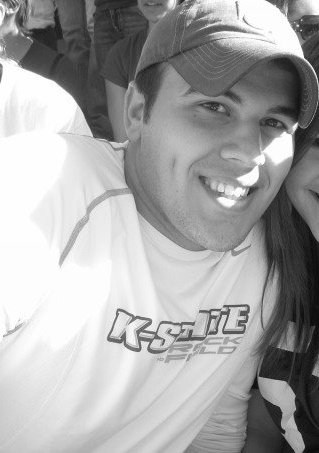 I also spend several hours a week pulling stories for iFSN (it keeps me informed and you regular) and in the future, I may be translating infosheets into French. But that all depends on
I also spend several hours a week pulling stories for iFSN (it keeps me informed and you regular) and in the future, I may be translating infosheets into French. But that all depends on